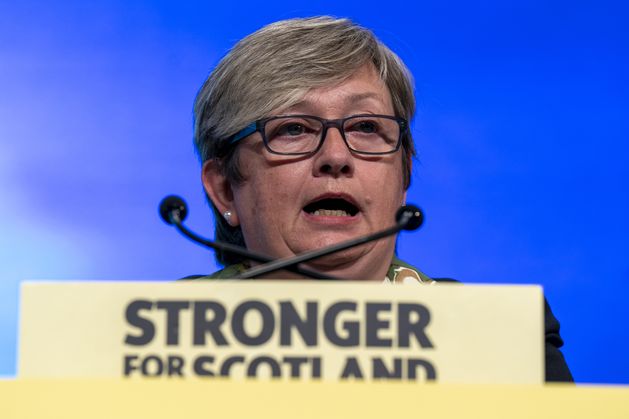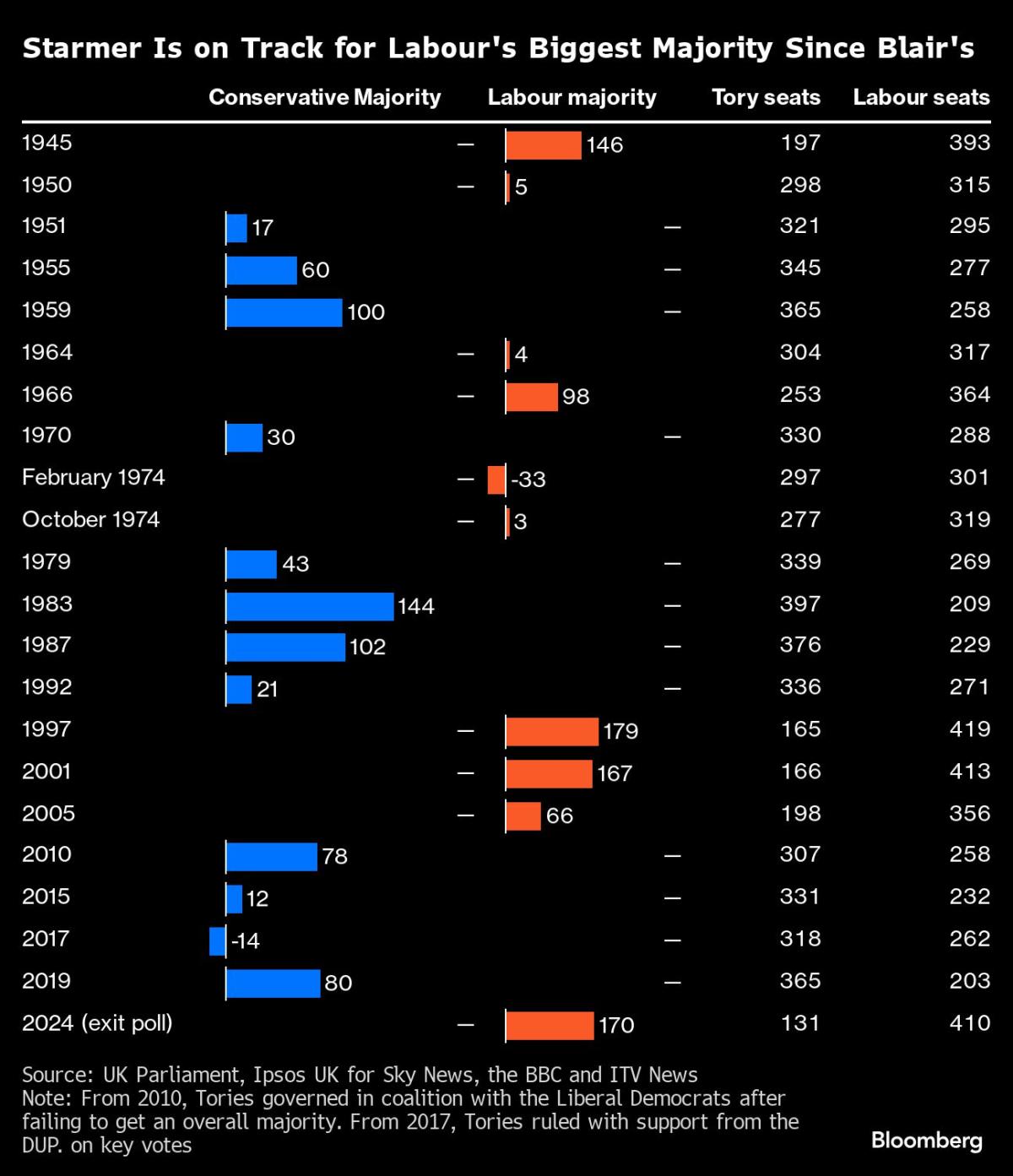Judge denies most of Mayo Clinic’s motion to dismiss in Dr. Joyner’s lawsuit
ROCHESTER — Dr. Michael Joyner's attorney is calling a Monday ruling "a big win" after a judge denied most of Mayo Clinic's motion to dismiss parts of Joyner's lawsuit against the clinic, CEO Dr. Gianrico Farrugia and Dr. Carlos Mantilla.
Judge Kathy Wallace of Olmsted County's Third Judicial Court issued a ruling on Mayo Clinic's motion on July 1 that means the case that Joyner originally filed in June 2023 will continue to move forward.
Monday's ruling mostly denied Mayo Clinic's motion to dismiss three of the five counts of Joyner's lawsuit, though the scope of two of Joyner's arguments have been narrowed.
Joyner seeks damages in an amount to be established during the trial, and for an order for Mayo Clinic to cease its interference with his style of communication.
"Yesterday's ruling was a big win for Dr. Joyner," wrote Joyner's attorney, Kellie Miller of Allen Harris Law, on Tuesday. "Mayo Clinic retaliated against Dr. Joyner and disciplined him without cause or justification, then tried to publicly tarnish his excellent reputation, in violation of the law and their own policies. Dr. Joyner looks forward to his day in court and to holding Mayo and Drs. Farrugia and Mantilla accountable for their actions."
Joyner, an anesthesiologist and physiologist who has worked at Mayo Clinic since 1992, is suing his employer for disciplinary action taken against him for what Mayo described as "problematic" statements to the media and "unprofessional" behavior.
He claims Mayo Clinic "weaponized" its disciplinary system in retaliation for his part in a whistleblower case and in response to conflicts with his supervisor Mantilla and directly with Farrugia. Mayo Clinic contends that Joyner's discipline stemmed from "problematic" statements that he made to the media and "unprofessional" behavior toward his co-workers.
Mayo Clinic suspended Joyner for one week without pay in March 2023, withheld a scheduled raise and curtailed his availability for media interviews. Joyner appealed his suspension. A committee of Mayo Clinic physician peers upheld the disciplinary action.
He is still employed by Mayo Clinic and continues to be one of the clinic's top researchers, bringing in millions of dollars per year in federal grants and other funding.
While the judge denied almost all of Mayo Clinic's arguments and motions to dismiss, she did rule that Joyner cannot claim that Mayo Clinic violated its Academic Freedom Policy, because it "does not contain language with enough specificity to be an offer of a unilateral contract."
That means the Academic Freedom argument was dismissed from two of Joyner's five counts against Mayo Clinic, though accusing Mayo Clinic of violating its own Anti-Retaliation Policy and its Appeals Procedure remains part of those two counts that still remain part of the case.
That aspect of the ruling was lauded by Mayo Clinic.
"Mayo Clinic is pleased with the court's decision to dismiss Dr. Joyner's academic freedom and freedom of expression claims. Those allegations are no longer part of the case. Mayo looks forward to the opportunity to defend the remaining claims in court and refute Dr. Joyner's meritless allegations," wrote Mayo Clinic's Andrea Kalmanovitz.
Joyner's attorney counters that the dismissal of the academic freedom of speech was not a positive for Mayo Clinic as an institution.
"Mayo's only victory in yesterday's ruling was in fact its greatest loss. Mayo argued that their promises of academic freedom are, in fact, meaningless. This is not an argument any real educational institution should ever want to win or make," wrote Miller, Joyner's attorney. "The public should be aware that now, when a doctor at Mayo speaks, their statements may not represent their honest scientific opinion, but rather a curated statement serving Mayo's institutional interests. That Mayo even made this argument highlights the need for real changes at the Mayo Clinic. Dr. Joyner looks forward to his opportunity to be a part of that change."
Wallace's ruling on Monday completely upheld Joyner's fifth count, which claimed tortious interference by Farrugia and Dr. Carlos Mantilla as direct defendants. Wallace's ruling stated that Joyner has "alleged sufficient facts to show that Defendants Dr. Farrugia and Dr. Mantilla acted with malice and in bad faith."
Mayo Clinic stressed that the ruling only allowed the claims about Farrugia and Mantilla to advance as part of the lawsuit.
"The court simply found that Dr. Joyner has stated allegations, which if true, would give him a legal cause of action. The court did not find that those allegations are true or that they have any factual support whatsoever," wrote Kalmanovitz. "Mayo looks forward to proving that Drs. Farrugia and Mantilla acted appropriately at all times and that Dr. Joyner's disciplinary action in 2020 and 2023 was justified."
The fourth claim in the lawsuit is that Mayo Clinic violated Minnesota's Whistleblower Act by retaliating against Joyner for reporting that employees of MITRE Corp. — a McLean, Virginia-based nonprofit that Mayo Clinic was working with Joyner on convalescent plasma research — tried to illegally access Mayo Clinic patient data in 2020.
In the lawsuit, Joyner described the MITRE situation as occurring during the worst of the COVID-19 pandemic, when he was reportedly working "16-20 hours per day, often seven days per week for months" to keep up with his regular work at Mayo Clinic.
Joyner stated in his lawsuit that his report resulted in a formal complaint against MITRE. Mayo Clinic formally sanctioned MITRE in September 2020. Dr. John Noseworthy, who preceded Farrugia as Mayo Clinic's CEO, is a MITRE board member.
"Farrugia became aware of Joyner's reports regarding MITRE. Mayo was attempting to develop a profitable commercial business relationship with MITRE, and Farrugia was upset that Joyner's reports might impact Mayo's business plan" is how Joyner's complaint described the situation.
Mayo Clinic did not ask for that claim to be dismissed.
During that time, Joyner reportedly said that he would need more compensation to do the additional work on the for-profit business.
Mayo Clinic described that as Joyner giving "an ultimatum, demanding that Mayo agree to give him a seven-figure payment within 48 hours."
Joyner's attorney describes Mayo Clinic's "ultimatum" comments as "false allegations" and that Farrugia responded by "willfully misconstruing Joyner's request as a threat."










